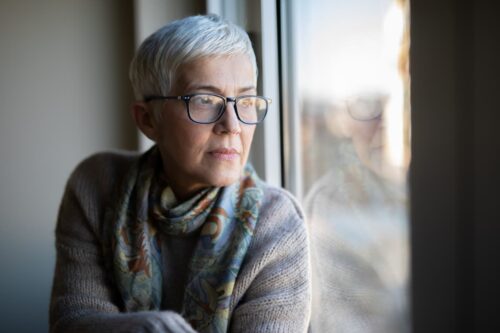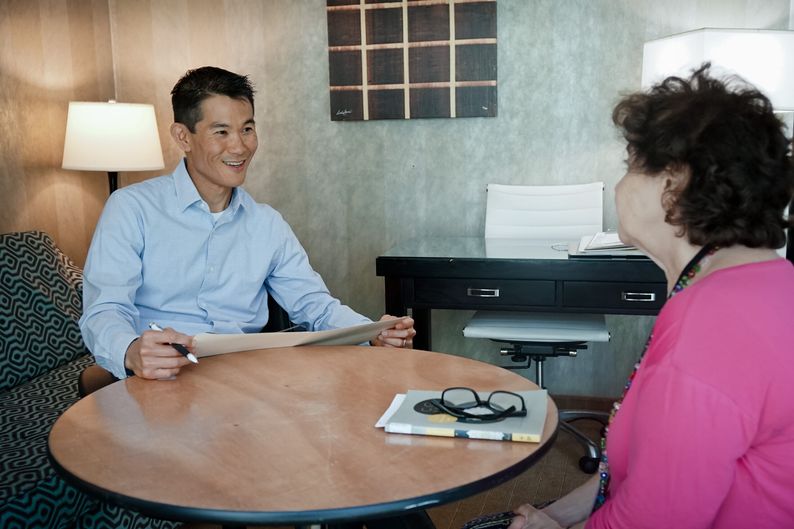Mammograms
“Neglected aspects of false positive findings in breast cancer screening: an analysis of false positive cases from Stockholm trial” by E. Lidbrink in the February 3rd, 1996 issue of the British Medical Journal found examinations and investigations, and the costs of these tests, in woman who tested positive on mammograms, but eventually were found not have cancer, is a substantial problem (312:273). After their first screening mammogram, 352 women were found to have suspicious (positive) findings. Further evaluation required 1112 doctor visits, 397 fine needle biopsies, 187 mammograms, and 90 surgical biopsies. The costs amounted to approximately a half million dollars. Women under 50 accounted for 41% of the costs. The costs of follow-up examinations were almost one-third of the cost of screening all of the women in the original study. After six months 64% were eventually declared free of cancer.
Comments
The advertised benefits of mammography are a reduction in death and more conservative operations (lumpectomy vs. mastectomy with a smaller cancer). However, the survival benefits of mammography are overrated. Of the six studies done, only the two oldest studies show a survival benefit for women between 50 and 69 years–the other four studies fail to show benefits. All studies have failed to show significant benefits for women under age 50 (Lancet 346:29, 1995).
Will a small reduction in breast cancer deaths be balanced by the negative effects of mammograms? Many people believe we should spare no effort to save a woman’s life from breast cancer. But there is a price to be paid for all this noble effort.
Just the thought of having a mammogram causes many women to suffer increased anxiety about breast cancer. An abnormal mammogram can lead to extreme distress. In addition to mental scars, surgery leaves physical scars. All these tests take time, are inconvenient, and embarrassing. In several studies of women under 50, those who had the mammograms had a greater chance of dying of breast cancer, and not because of the exposure to radiation. But, because those women who were screened were more likely to be found to have a breast cancer, and therefore more likely to be treated (Lancet 337:1576, 1991). Treatment with surgery, radiation, and chemotherapy kill.
Clearly for women under 50, the risks and costs outweigh the benefits. For women over 50 the benefits are minimal, the harm substantial, and the costs enormous. No benefits have been found for women over age 69.
Recommended Articles

What Is the Life Expectancy with Heart Disease and Diabetes?

18 Ways to Prevent and Reverse Heart Disease







